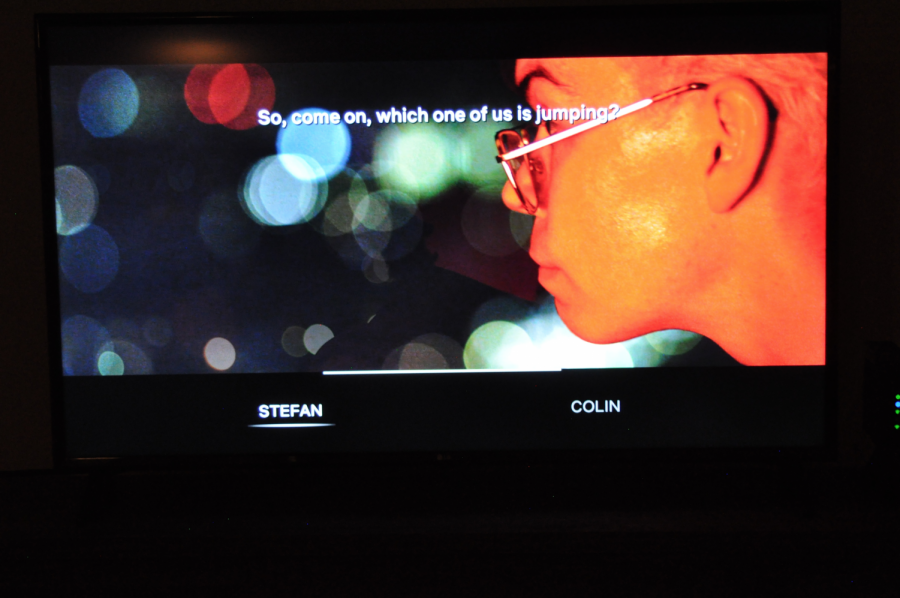“Black Mirror: Bandersnatch” — What will you choose?
Netflix released its first interactive movie, a stand-alone film of the popular dystopian series “Black Mirror”, “Black Mirror: Bandersnatch” on Dec. 28. While the Black Mirror series is episodic and has no set plot, the movie follows its common theme of a technology takeover — but this time you’re the technology. “Black Mirror: Bandersnatch” is an eye-opening experience that keeps viewers on the edge of their seats.
The film received mixed reviews — critic Rachel Cooke called it “tedious: confusing, repetitive [and] dilatory…” but another critic, Fico Cangiano, referred to it as “a must-try experience that… succeeds in trying to join video game and film worlds…”. For better or for worse, the movie effectively stunned and perplexed the audience, something the Black Mirror series has down to a T. Unlike the series, however, this film breaks the fourth wall and gives viewers an active role in the story. The entire plot was a web of never-ending choices that viewers could never be sure were right or wrong, and while this frustrated some, I found it deeply intriguing. Netflix not only created a groundbreaking interactive experience, but concocted a complex storyline of comedy and heartbreak.
The plot follows a teenager named Stefan on his journey in creating the first choice-based video game. His interaction with another gamemaker, Colin, and his discoveries about the author of the book that inspired his game lead him down a path that reveals shocking truths, and he is then forced to choose how to handle them. At these points, the viewer chooses between two options to guide Stefan in whatever way they may choose.
These options periodically appear at the bottom of the screen with a timer, allowing the viewer 10 seconds to highlight the option of their choosing, and Stefan responds accordingly. While some choices are minor, others can change the course of the entire story. Some may end the movie earlier than others, but there is always the option to start from scratch in hopes of getting a different ending. Although at first it seems like the viewer is Stefan, it eventually becomes apparent that the viewer isn’t a part of him and is rather a controlling external force, as he later on begins to fight the audience in an effort to escape the lack of control he has over his own life.
The Black Mirror series is known for shocking the audience and leaving them bewildered, but in their stand-alone film, they used this technique for comedic effect. When Stephan talks about his feelings of being controlled by someone named Netflix, I couldn’t help but laugh. The discussion in the scene goes on to explore how Netflix may be another planet and ends with a particularly hilarious fight scene.
Some moments like this make the movie seem like a light-hearted comedy, but “Bandersnatch” has some dark and saddening moments as well. The viewer watches throughout the film as Stephan battles his illness, which — although never discussed in detail — probably has something to do with his paranoia and obsessive guilt over his mother’s death. He refuses to take his medicine and instead locks himself in his room to work on his game, driving himself to the brink of insanity. His reclusive mental state tears him away from his father who tries to help and support him throughout the movie, breaking the hearts of the audience as they watch Stephan tear further and further away from reality.
“Black Mirror: Bandersnatch” is a film that stuns the first and twentieth time you watch it. Even if this movie had a single storyline, it would be incredibly complex, but the multitude of choices and consequences in this movie only make the rewatch even more worth it.











